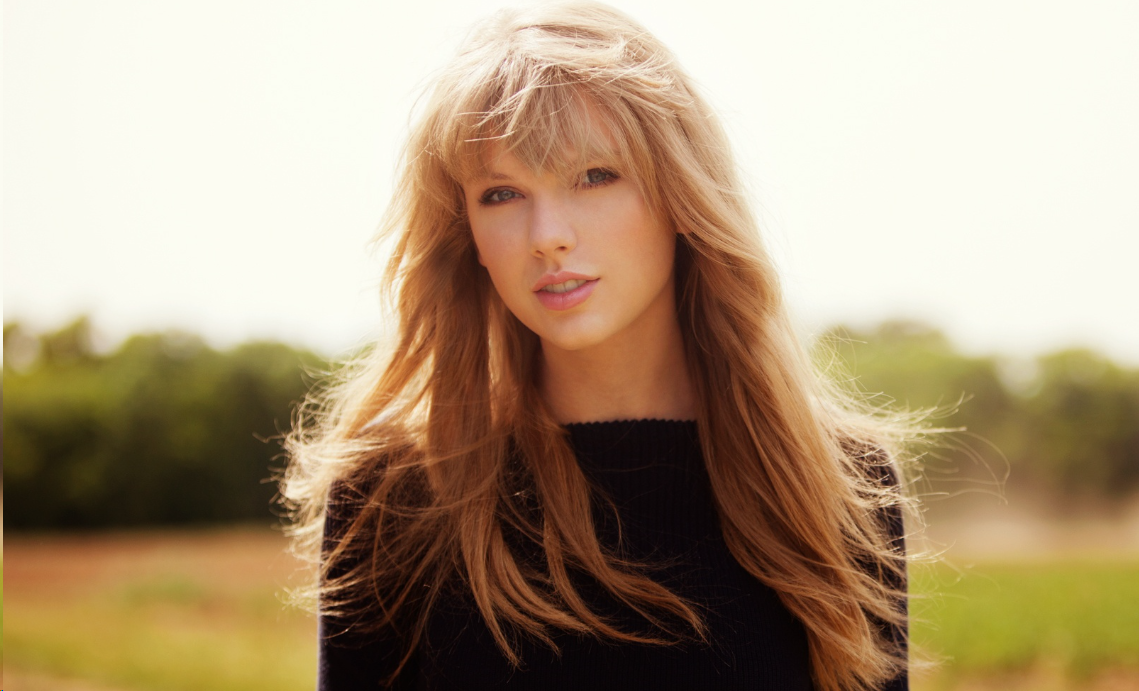The Nobel Prizes Are In Trouble
January 18, 2016 in Daily Bulletin

The Economist took a look at the current state of the Nobel Prizes:
- A Nobel prize is only worth about $1 million and is often split by multiple recipients.
- When the prize was established this was about 25 times the salary of the average Professor. Now it is only about 10 times an average salary.
- Other prizes such as the Breakthrough prize will net a scientist $3 million.
- Plutocrats trying to brighten up their legacies are establishing even better endowed prizes that more scientists will have an incentive to strive for.
- One way to increase the value of the prize would be to accept donations, but the Nobel foundation worries that this will infringe upon their independence.
- The prize categories themselves no longer seem as relevant. Chemistry gets its own prize but most of the prizes being awarded to chemists are really for advances in physics, physiology, or medicine rather than pure chemistry.
- Meanwhile important fields such as ecology or neuroscience languish without a prize at all.
- The Nobel foundation isn’t sitting idle however. It is hoping to maintain the importance of its brand by opening a visitor and conference center in Europe.
Read more about the state of the Nobel prizes here.
Source: The Economist









Join the Discussion! (No Signup Required)